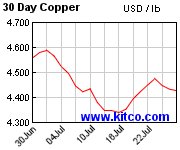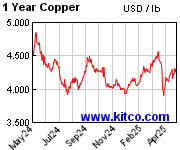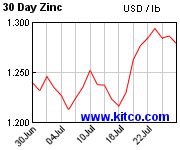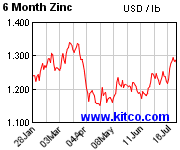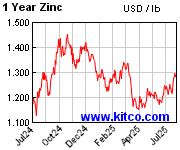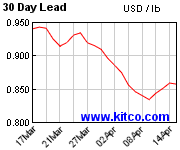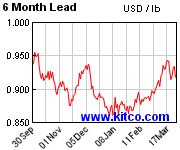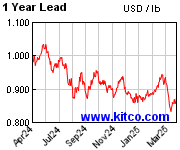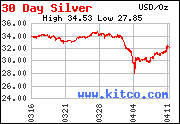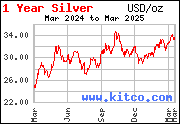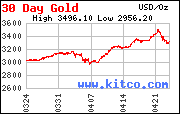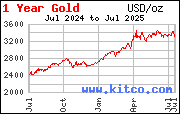Third U.K. Property Fund Halts Withdrawals Amid Brexit Market Turmoil
LONDON—Aftershocks from the U.K.’s seismic vote to leave the European Union are pulsing through the property sector here.
Some of the nation’s largest insurers and asset managers Tuesday moved to stop spooked investors pulling money out of their funds. In doing so they’re hoping to avoid selling the buildings they own, from shopping malls in the industrial northeast of the country to plush office buildings in the heart of the City of London, to pay investors. Analysts say such forced selling could spur steep price losses across the nation’s real-estate markets.
The U.K. commercial real-estate market holds in aggregate about £800 billion ($1.04 trillion) worth of assets, according to Mike Prew, an analyst at Jefferies Group LLC. Residential real-estate assets amount to a total of £5 trillion.
Advertisement
News from the sector came thick and fast Tuesday. M&G Investments said it had stopped trading in a £4.4 billion U.K. property fund—the largest of its kind—becoming the third big-name asset manager to take similar steps in little over 24 hours. Earlier in the day, Aviva Investors revealed it had suspended trading in a U.K. property fund for similar reasons. That followed an announcement Monday by Standard Life Investments.
Shares of several U.K. property companies tanked.
M&G said it made its decision after redemption requests in the M&G property portfolio rose on the back of “high levels of uncertainty” linked to the U.K.’s vote to leave the EU.
Aviva said in a note to investors that dealing in the £1.8 billion Aviva Investors Property Trust was “temporarily suspended” at midday on July 4 because of “higher than usual volumes of requests to sell units”.
Standard Life locked investors into its £2.9 billion U.K. Real Estate Fund in response to retail investors looking to pull money, highlighting concerns about the wider property investment market.
“It would not surprise me if similar firms take similar actions in the coming weeks,” said Laith Khalaf, senior analyst at Hargreaves Lansdown.
Investors in such ‘open-ended’ funds can usually cash in their holdings at any time even though the underlying buildings often take several months or even years to sell. When investors rush for the exits at once, as in recent days, the funds can come under immediate pressure to sell their assets to pay investors.
Andrew Bailey, the new head of the Financial Conduct Authority, said the regulator is in close touch with fund managers. The U.K. regulator planned to meet U.K. asset managers on Tuesday to analyze the impact of Brexit on the industry, a person familiar with the plans said.
The Bank of England underlined its concerns over U.K. commercial real in its Financial Stability Report published Tuesday. It said flows from foreign investors into commercial real estate fell by almost 50% in the first quarter this year.
Numis analysts, in a research note, said Standard Life’s decision to close its property fund to redemptions “is spooking the market.”
Memories of the global financial crisis of 2008, when problems in the housing sector quickly spread to banks, loom large in the memory of investors.
Aviva Investors suspended dealings in a property fund on Tuesday, citing market turmoil
Aviva Investors suspended dealings in a property fund on Tuesday, citing market turmoilPhoto: Bloomberg News
Analysts said the U.K. banking system is now more insulated to a commercial property crash than it was then. Regulators forced banks to raise capital and go through a series of stress tests to check whether they can weather a severe downturn.
British banks have since cut their stock of commercial real estate lending in half, according to the Bank of England. Much of that slack was taken up by the nonbanking sector as pension funds and insurers, looking for steady returns in a low interest rate environment, piled in.
However, while major banks like Lloyds Banking Group PLC and Royal Bank of Scotland Group PLC cut their lending, smaller British banks have jumped in. These newer lenders have taken on proportionately more high risk loans in the commercial sector.
Investors are already taking flight from smaller banks who have been gaining market share in the buy-to-let rental market. Some analysts expect rental property lending to be stung by Brexit if house prices fall, especially in London.
For instance, Aldermore Group PLC, a small lender which focuses on small businesses, saw its share price drop 9% on Tuesday, or 64% over the last 12 months.
A relatively small increase in write-offs of U.K. real estate exposures would be painful for Aldermore and a handful of other small lenders with more-concentrated investment in the sector, Deutsche Bank U.K. banking analyst David Lock wrote in a research note last week. Aldermore has almost two times the value of its so-called common equity Tier 1 capital—gauged by regulators as high-quality capital—in U.K. commercial real estate, the analyst added.
Meanwhile Virgin Money Holdings PLC, another fast growing bank, saw shares tank 11% on Tuesday’s news. In the first three months of the year Virgin Money increased buy-to-let lending by 17% compared to the year before.
The immediate, biggest concern isn’t so much the real-estate loans that banks directly hold, according to Michael Snapes, a financial-services risk and regulation director with PricewaterhouseCoopers in London.
He said of greater concern was the fear that asset managers, burdened by more investor withdrawals, will feel compelled to sell properties into a depressed market. “Systemic risk would arise from the funds needing to sell illiquid assets in a hurry,” Mr. Snapes said. That, he said, would depress prices further, spurring more redemption requests and a potential downward spiral.
—Elizabeth Pfeuti and Andy Pearce contributed to this article.
Write to Jenny Strasburg at
jenny.strasburg@wsj.com and Max Colchester at
max.colchester@wsj.com
